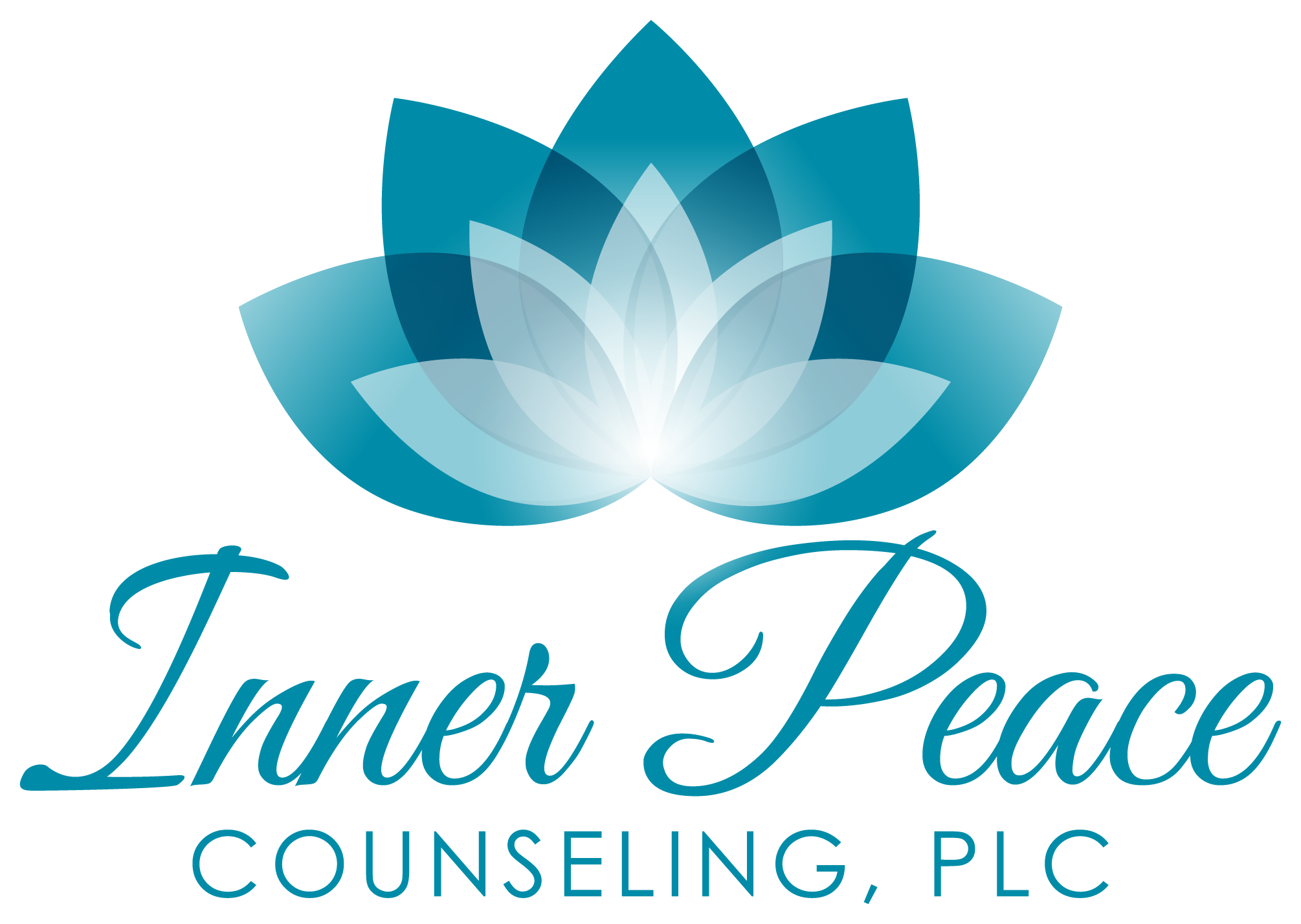Why “Intuitive Eating” Is Not Enough

By: Ashley Carter Youngblood
Categories:
Why “Intuitive Eating” Is Not Enough
Published in the June 2021 Edition of Moxie Magazine (formerly Women’s Lifestyle Magazine.)
Beginning with Mindfulness
The research about the impact of mindfulness on healing a variety of different kinds of topics is conclusive: it works! Chronic pain. Trauma. Alcoholism. You name it. And, ideally, we should do everything with a deep sense of intention as we listen to what we need in the moment.
However, given that humans are different from other creatures in the way that we feed ourselves (e.g. sometimes for pleasure, as opposed to always being a response to a primal drive), intuition can only get us so far. So, if we are using the “intuitive eating” approach of merely “paying attention to our body” related to what we should eat, we are forgetting about two important components: cravings and addiction. And, if we want to avoid over-eating and learn how to nourish our bodies in a healthy way by choosing foods that are supportive, we cannot forget about these two important factors.
Cravings
The body has cravings, whether for food, sex, or a good movie. This is a natural part of our human existence. However, as Marc David outlines in his book, “Nourishing Wisdom: A Mind-Body Approach to Nutrition and Well-Being,” we have three types of cravings. This makes it difficult to discern if that craving we are having for bread is really because our body needs additional fiber via a certain grain or if it is because, put simply, bread tastes good or serves an emotional need at the time (e.g. a reminder of that bread your late grandma used to make).
Supportive Cravings – These are the cravings that are instinctively healing and biological, like when a dog eats a certain food high in a nutrient that helps to settle its upset stomach. While these instinctual drives may not make scientific sense, they restore us.
Dispersive Cravings – These cravings, often taking the shape of some sort of abusable substance like caffeine, food, or cigarettes, take energy from the body. In the way that we may be fooled about the health a relationship with someone initially (which later unfolds in drama), these cravings actually turn out to be a distorted longing for something else (e.g. control, love, security).
Associative Cravings – These cravings are the hardest to identify as they are a mix of the above two. As we work to be mindful in our eating, we could go back and forth all day about if what sounds good (e.g. potato chips) is actually a nutritional need for more salt or if it is merely the desire to have something to crunch on as you sit in boring meetings all day.
Addictive Foods
The other problem is that those potato chips are inherently addicting. It is old news that sugar is more addictive than cocaine. However, it is often the salty foods or the foods high in both fat and sugar (e.g. think ice cream and baked goods) that are the most binge-worthy and tend to be the things we “emotionally eat.” The later kind of food is inherently “craveable” because the combination of foods high in both sugar and fat are not typically found in nature. They are chemically engineered. Therefore, the brain experiences a specifically-designed fireworks festival of pleasure chemicals when consuming these “comfort foods.”
So, your addiction to such foods is not your fault. It is simply chemistry. This means that, while we can work to be “intuitive” in what our body needs for fuel, we also will always want to have that mass produced chocolate cupcake we have enjoyed since childhood. There is literally someone who is paid by the food companies to consider this biological reality in order to ensure that this is the case.
A Different Approach
So, let us have grace with ourselves. We are human. We will make mistakes. We will binge, eat that food we know is not supportive of us, and will misinterpret food cravings.
But, saying that choosing the supportive things to eat for your body is just a matter of “will power” or is just about “listening to your body” misses the whole point of our complex emotional, physical, and social relationship with food itself. And, we deserve more consideration than that!
Recovery and knowing what to eat for our bodies is hard enough. Let us work to, instead, have grace balanced with the knowledge of how our bodies and brains actually work and what causes them to react in the way that they do. From there, we can work to find that our food and our Selves are, in fact, enough.
~Ashley Carter Youngblood, LMSW, LMFT, CADC, ADS, CMHIMP
 Ashley Carter Youngblood is a licensed Clinical Social Worker, licensed Marriage and Family Therapist, and a Certified Mental Health Integrative Medicine Provider who has been in the field since 2007. She offers counseling at her woman-owned business, Inner Peace Counseling, PLC, for those in Kalamazoo, Portage, Mattawan, Battle Creek, Paw Paw, and the surrounding areas of Southwest Michigan. She is passionate about her work with clients, whether it’s providing individual counseling, couples counseling, family therapy, life coaching, or education about one of her growing passions and areas of expertise: the connection between nutrition and mental health. Her specialties include holistic healing/mindfulness, counseling for women, anxiety, couples counseling, and addictions/substance abuse.
Ashley Carter Youngblood is a licensed Clinical Social Worker, licensed Marriage and Family Therapist, and a Certified Mental Health Integrative Medicine Provider who has been in the field since 2007. She offers counseling at her woman-owned business, Inner Peace Counseling, PLC, for those in Kalamazoo, Portage, Mattawan, Battle Creek, Paw Paw, and the surrounding areas of Southwest Michigan. She is passionate about her work with clients, whether it’s providing individual counseling, couples counseling, family therapy, life coaching, or education about one of her growing passions and areas of expertise: the connection between nutrition and mental health. Her specialties include holistic healing/mindfulness, counseling for women, anxiety, couples counseling, and addictions/substance abuse.
I welcome you to contact me or leave any questions or feedback you have about this post. Please keep in mind that the above information is the opinion of an individual, should not be considered medical advice/treatment, and is for entertainment/educational purposes only. I write these blogs as an expression of my passion for wellness and with the hope to be able to help as many people as possible. So, for more information about how to safely navigate this website and to what terms you are agreeing upon use, visit my Disclaimer page. And, as always, if you are experiencing an emergency, contact 911 or present yourself to your nearest emergency room.
Thanks for reading.
